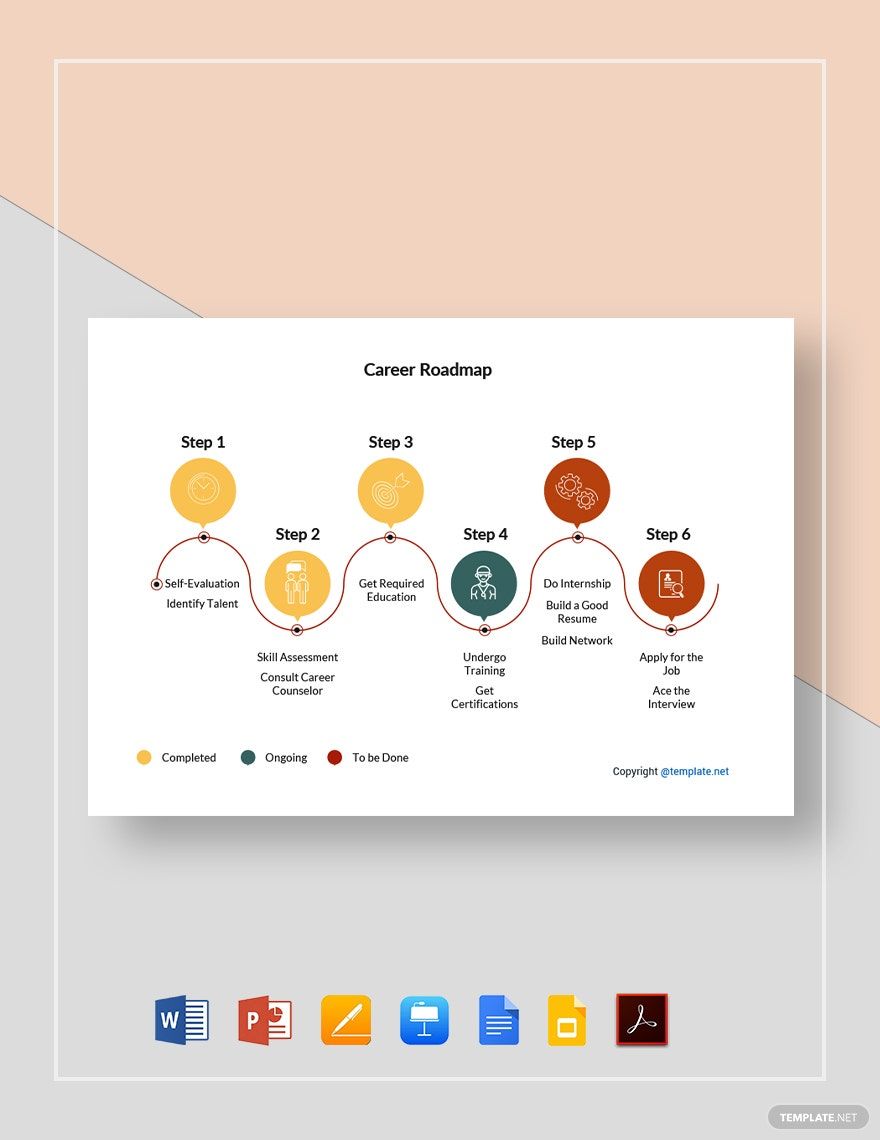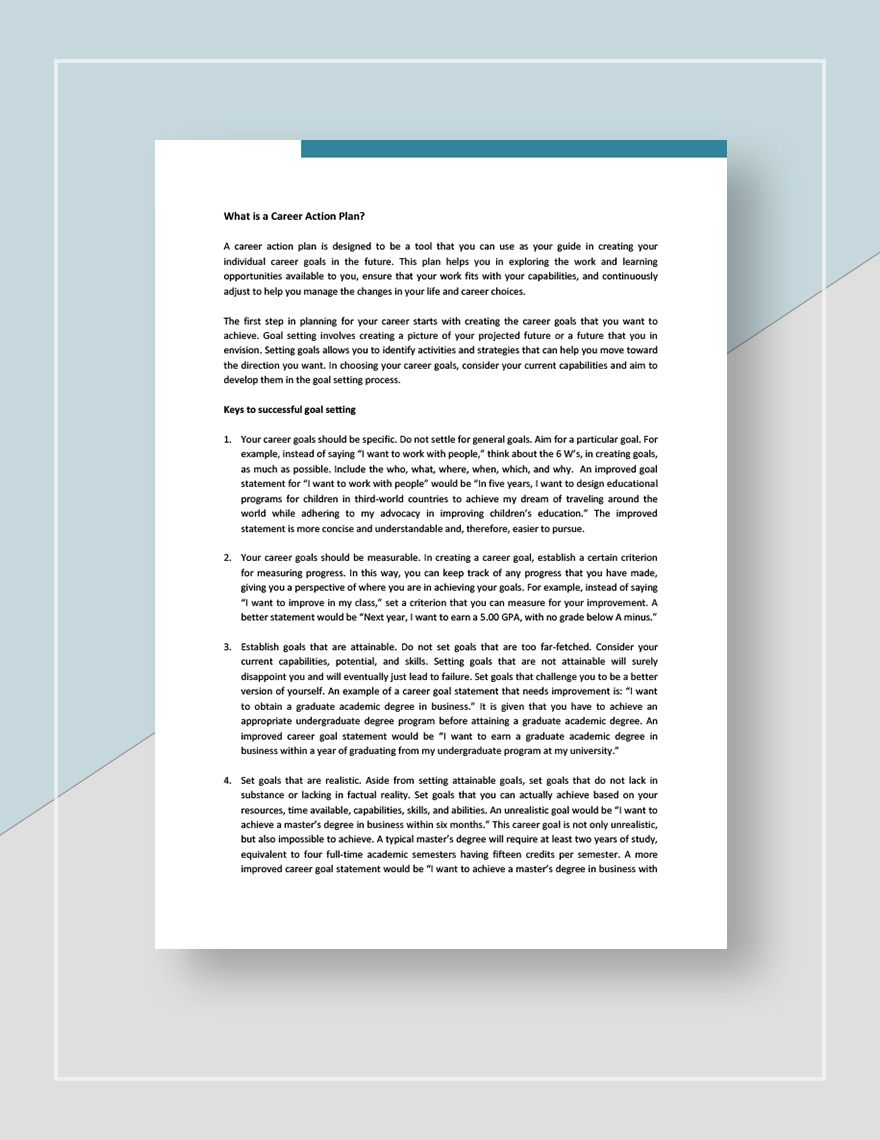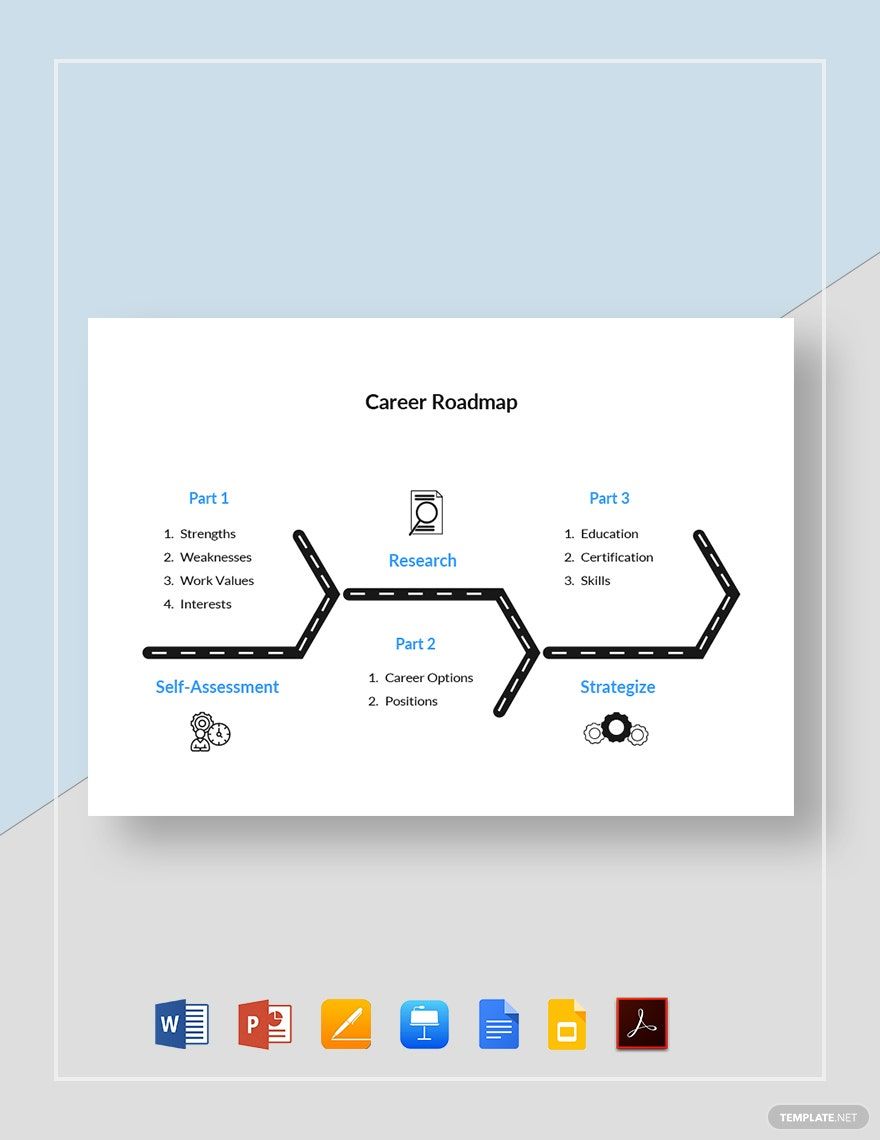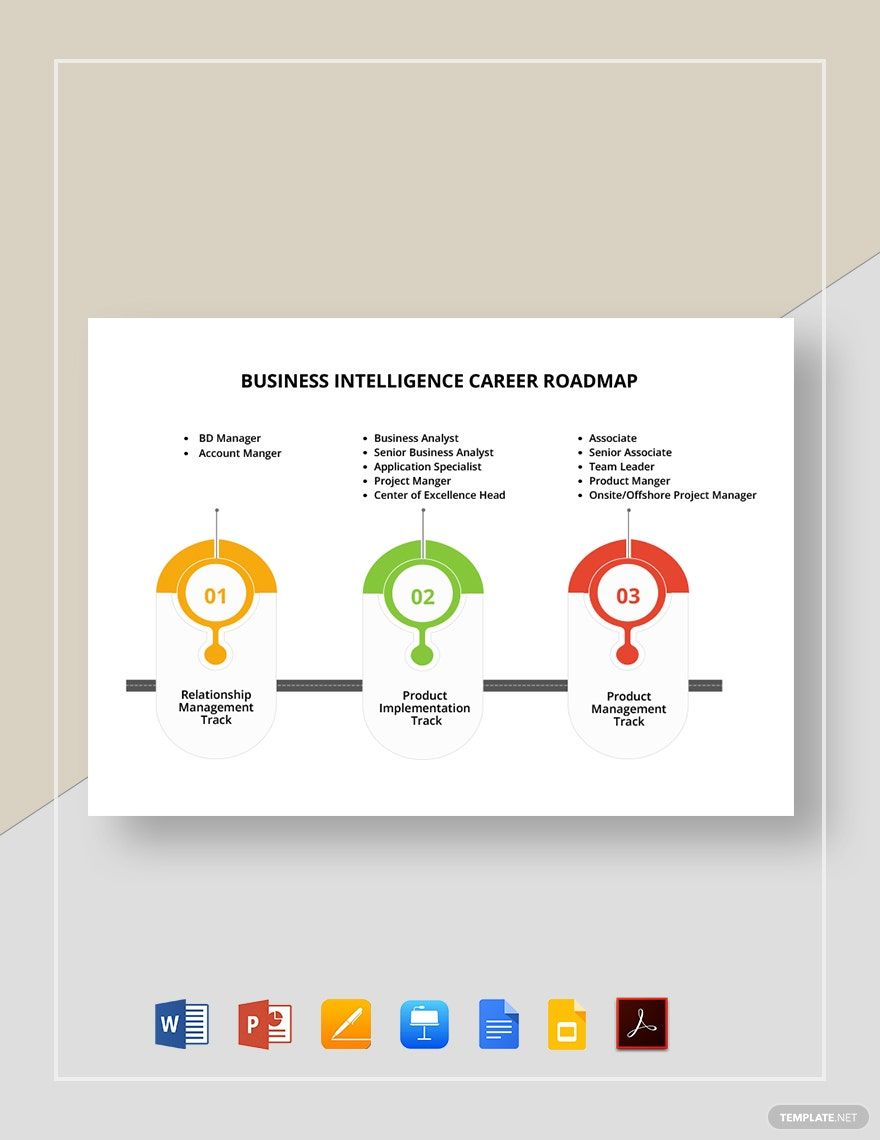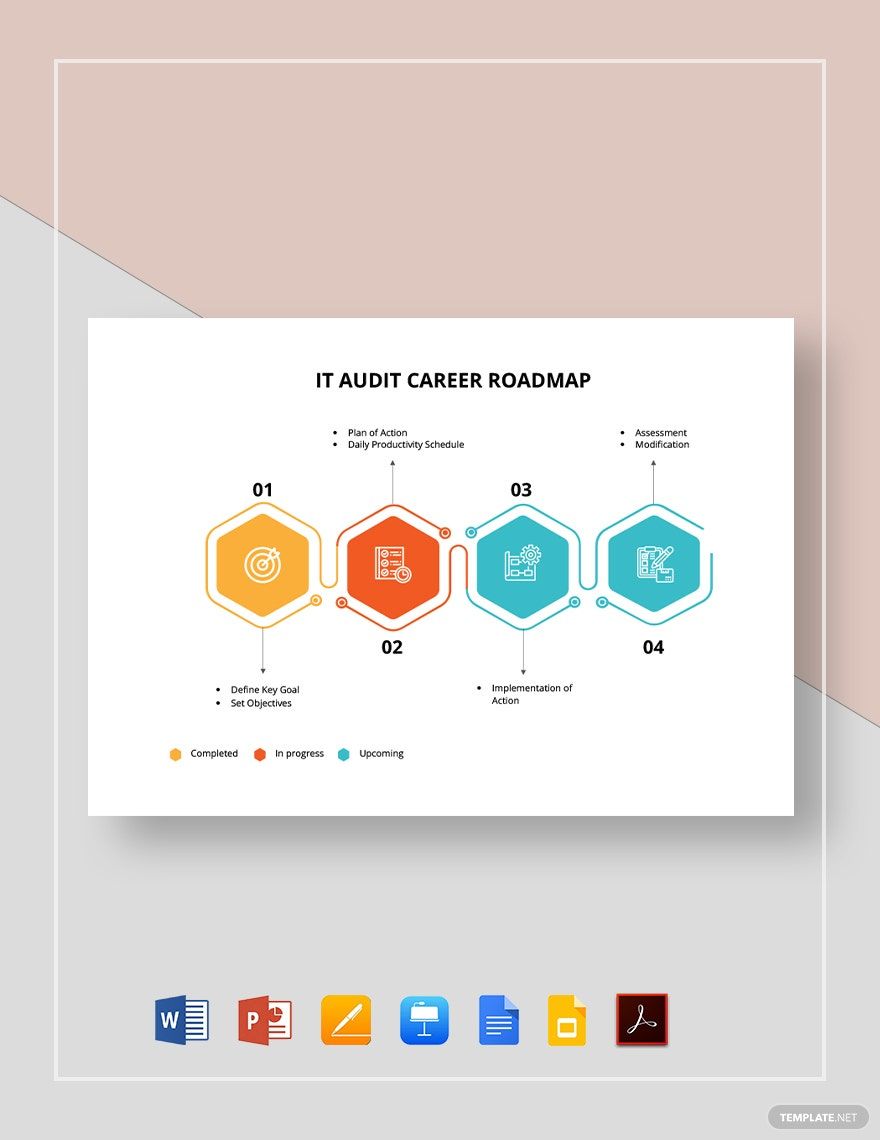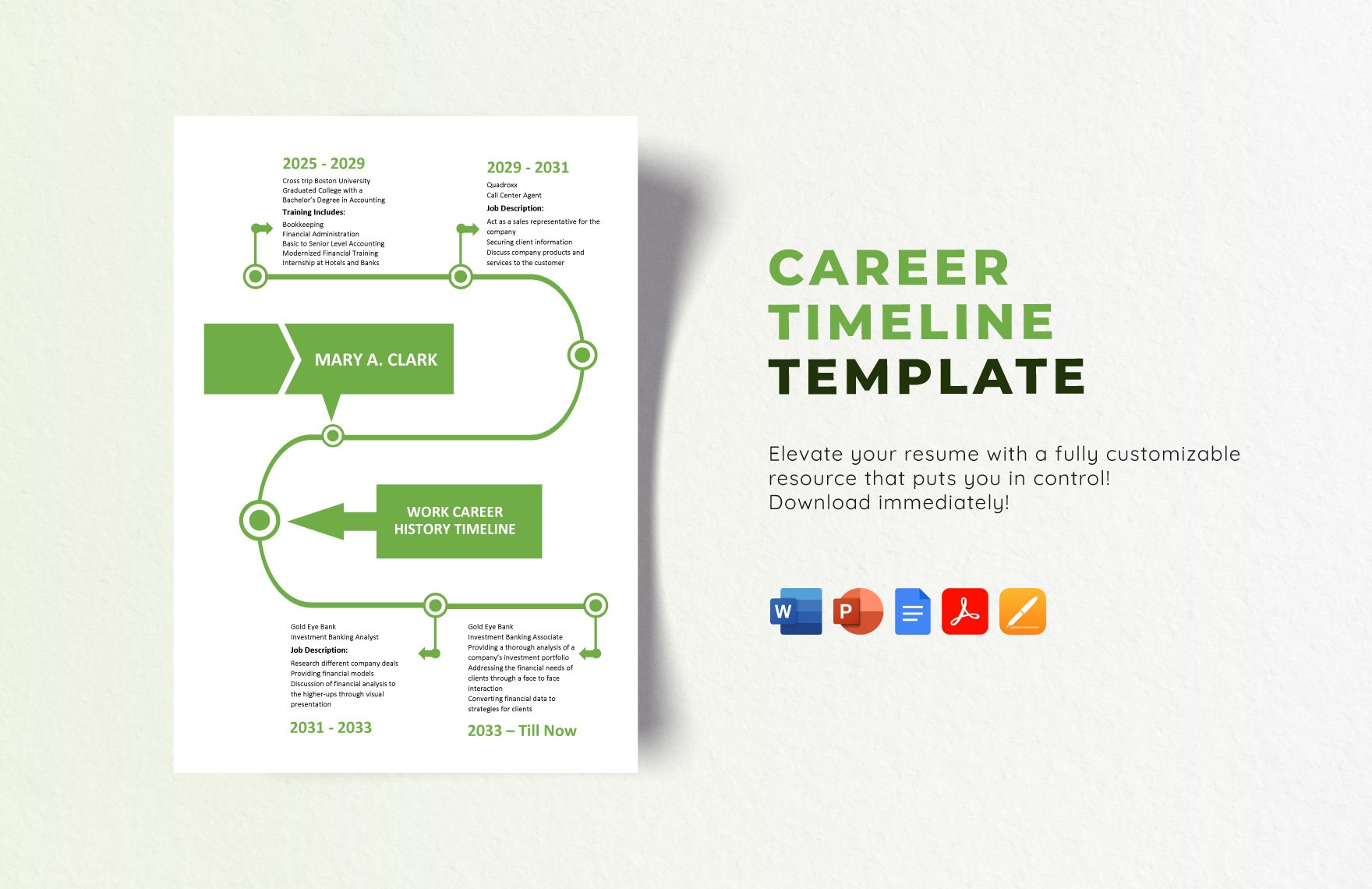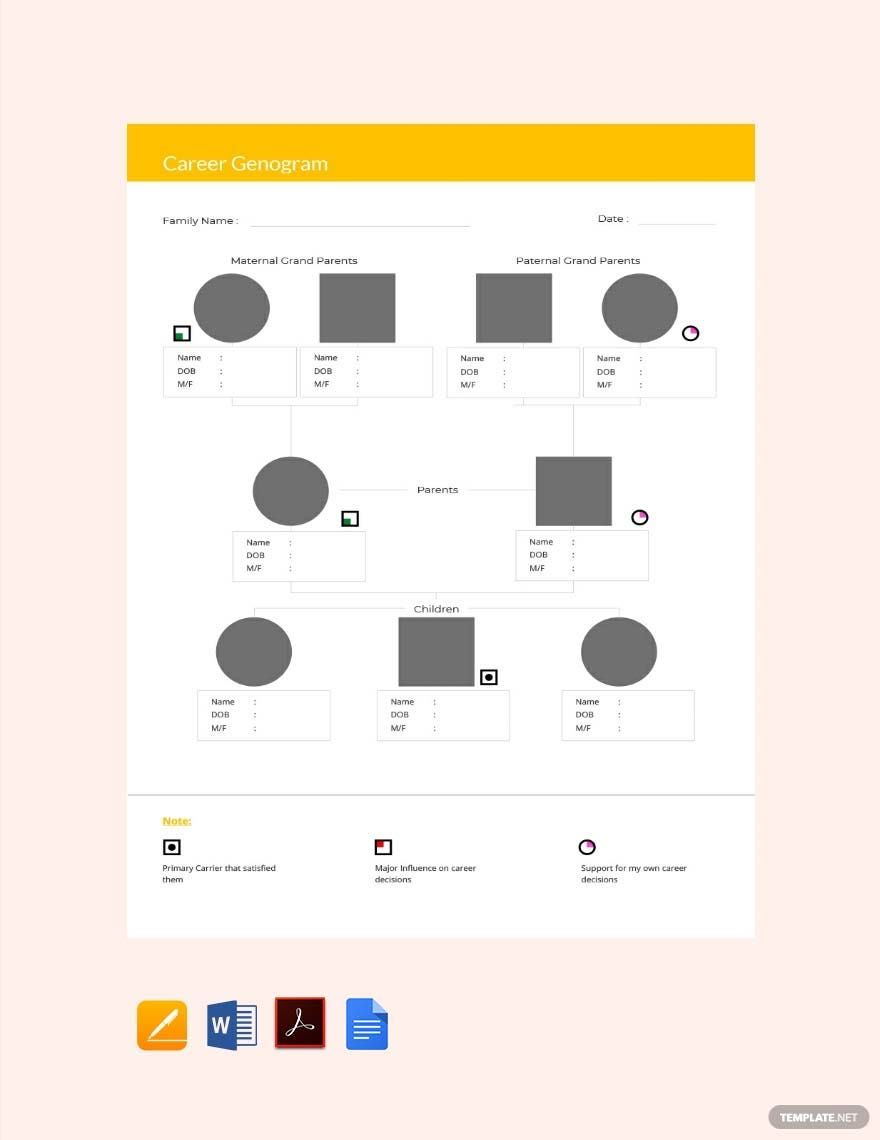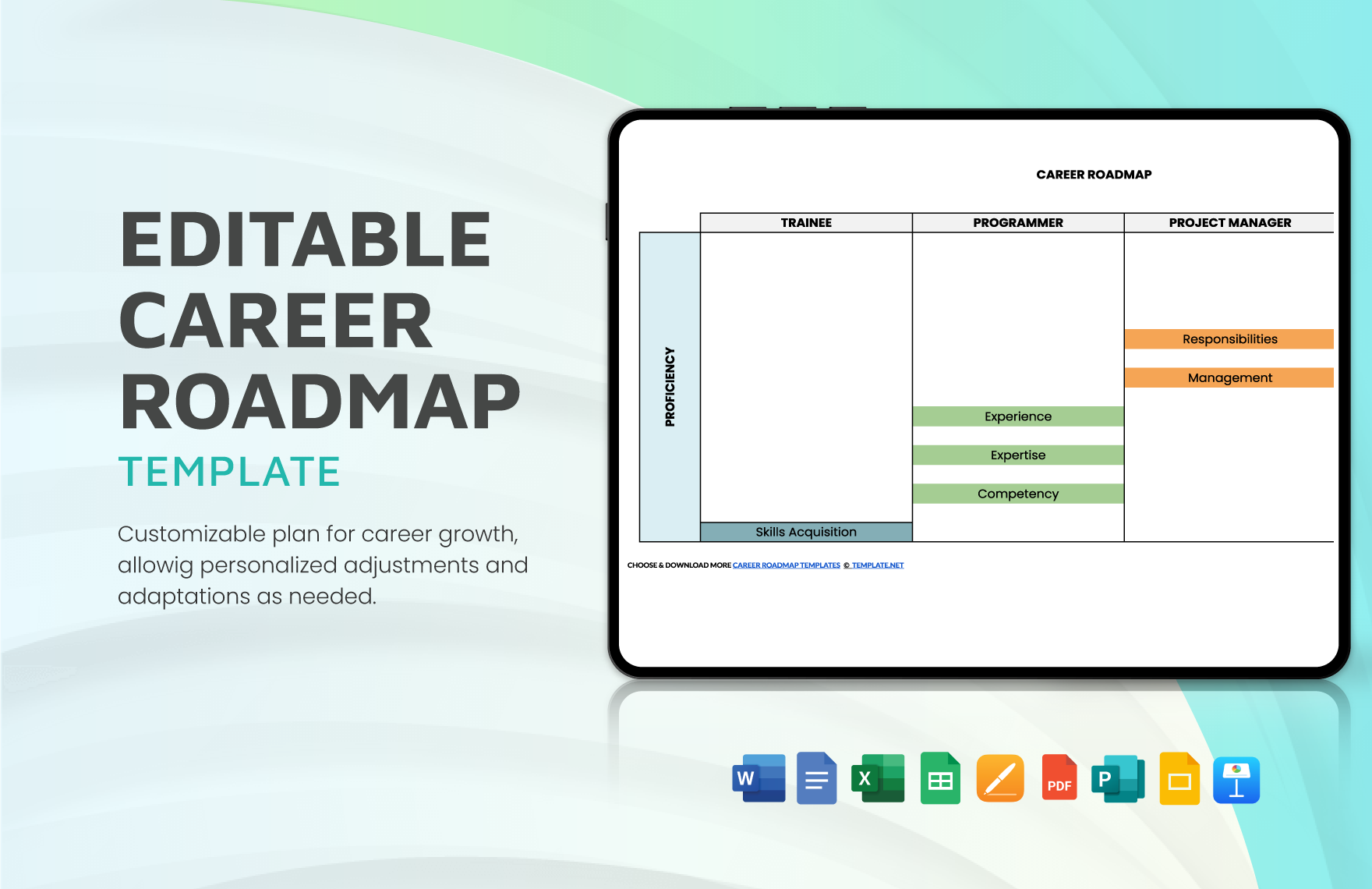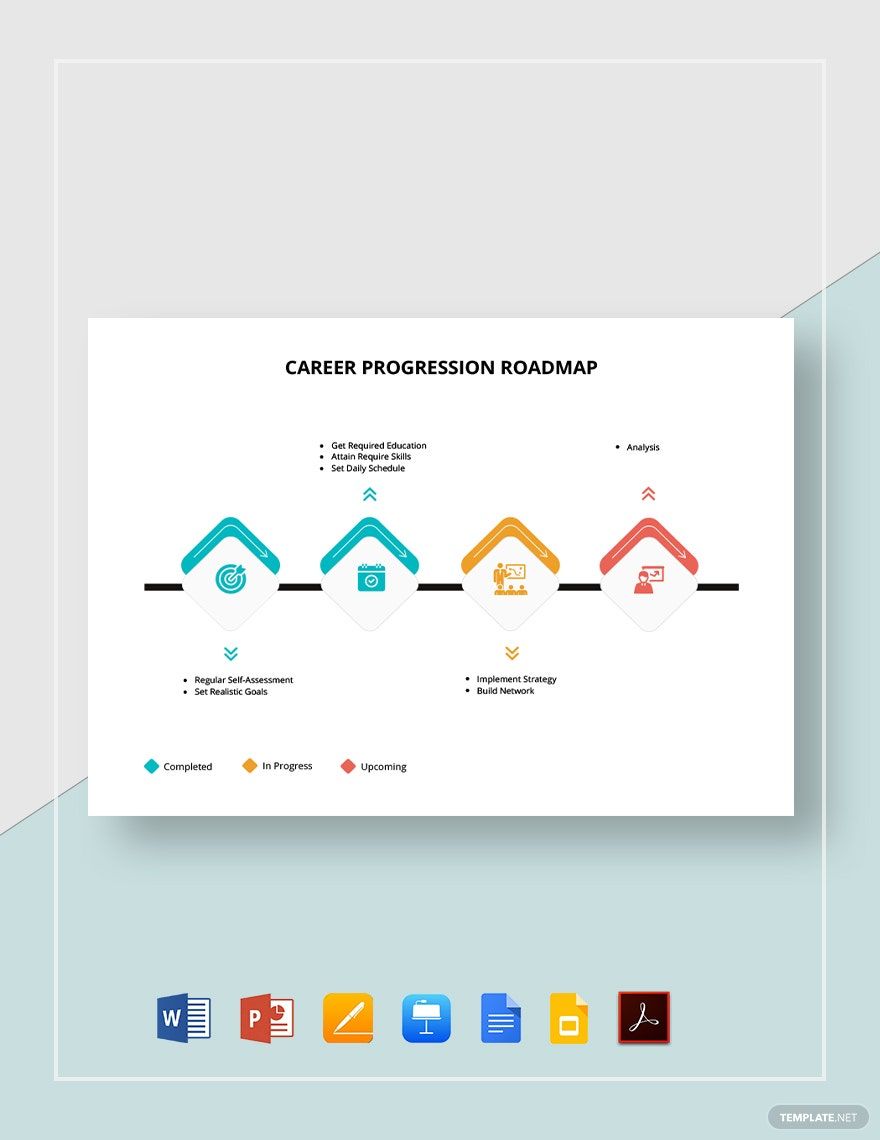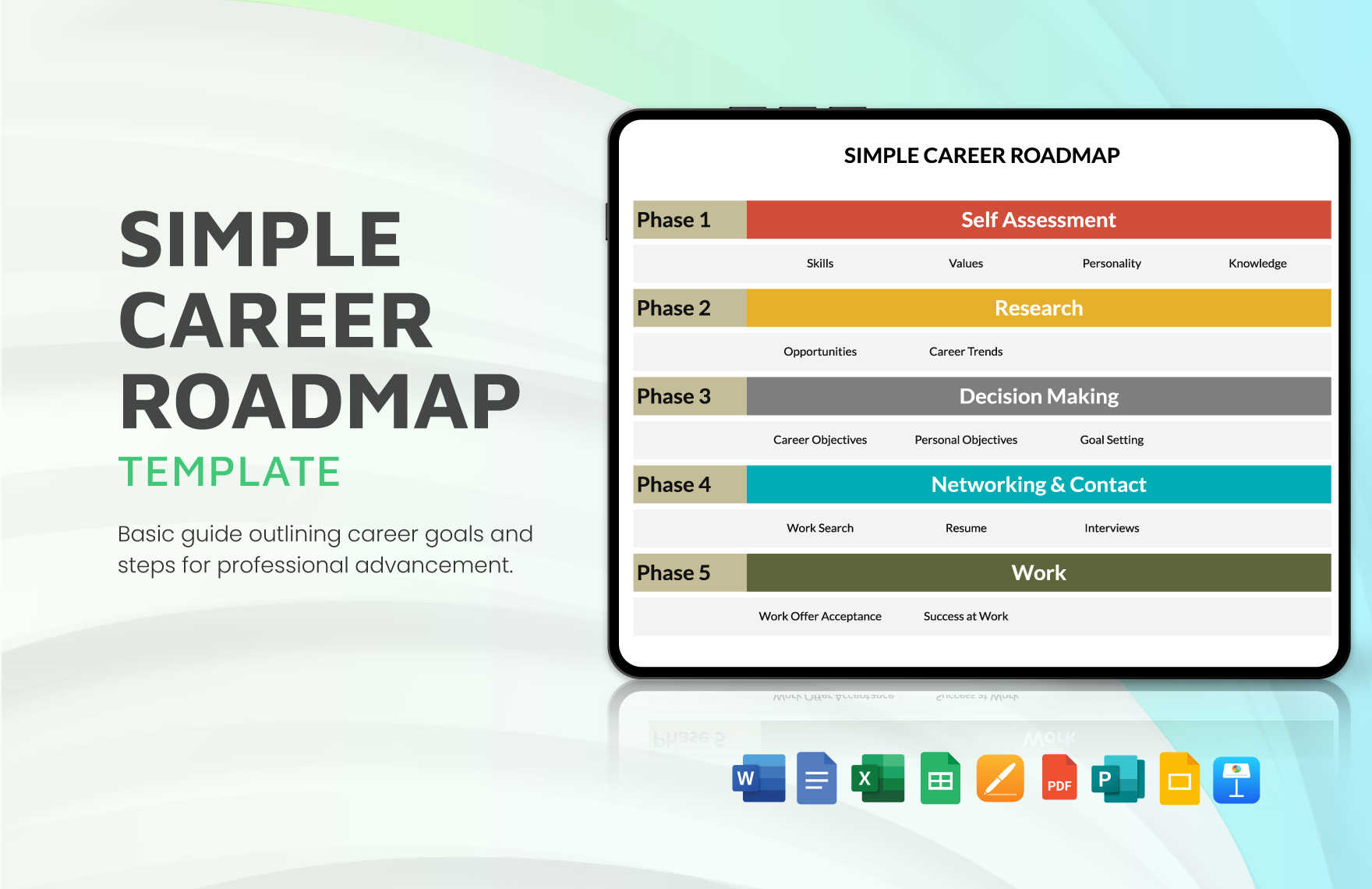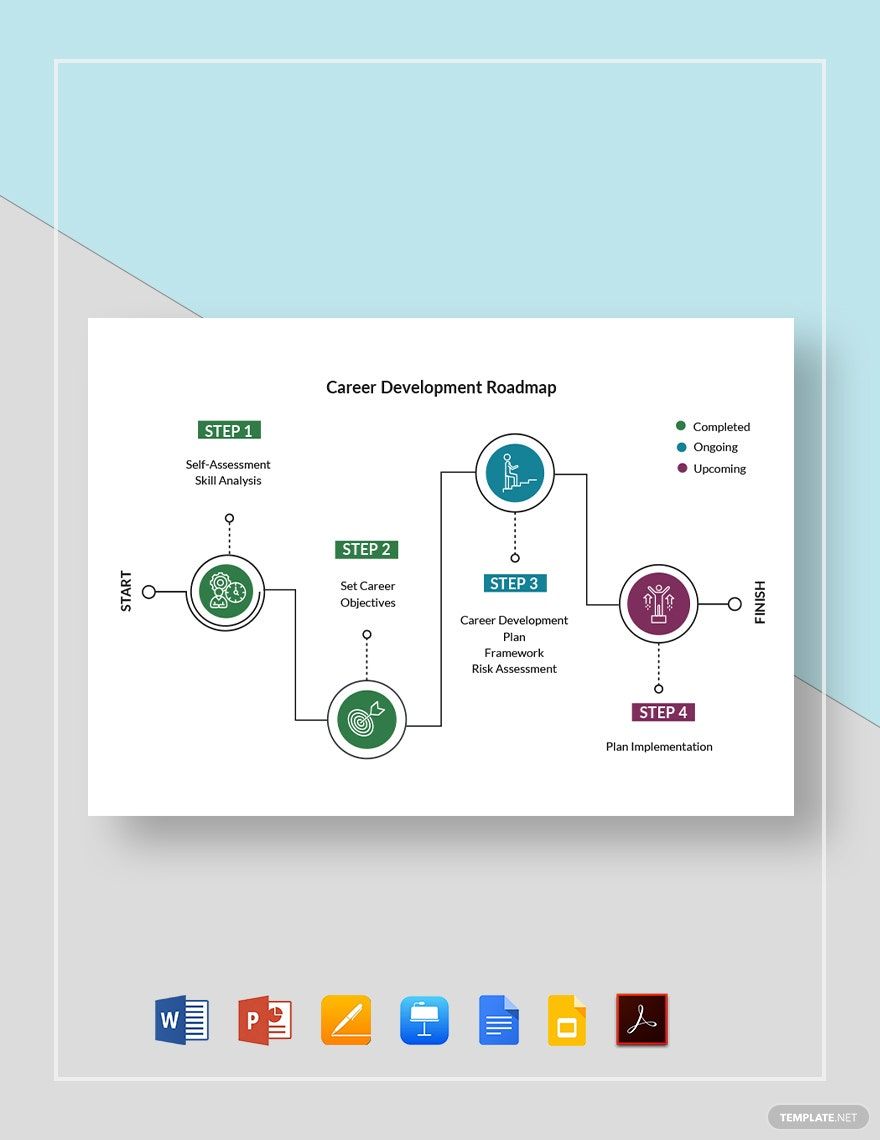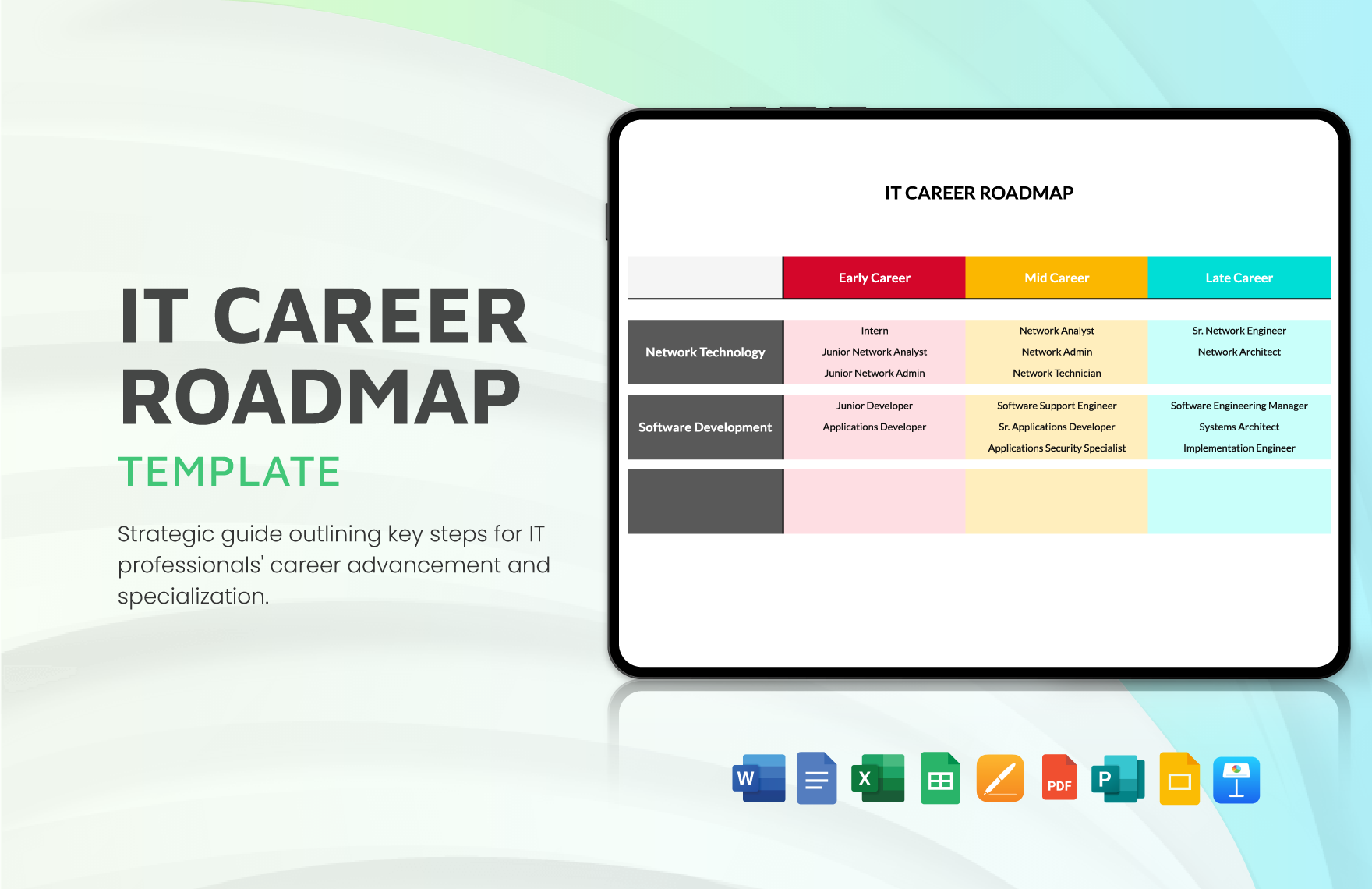A person's career is a metaphorical voyage through education, jobs, and other facets of life. Career can be described in a variety of ways, and the term is used in a variety of contexts. The term describes a person's path or development through life (or a distinct portion of life). It applies to a variety of dimensions of a person's life, learning, and work.
The active and purposeful management of a career by a person is referred to as career management or career development. The Blueprint model (in the United States, Canada, Australia, Scotland, and England) and the Seven C's of Digital Career Literacy (specifically relating to the Internet skills) define what constitutes "career management skills". Reflecting on one's current profession, researching the labor market, determining whether education is needed, finding opportunities, and making career changes are all constitute important skills. Any of the three factors including objective factor, subjective factor, and critical touch, may influence an individual's decision to join an organization. The rationality of the applicants is assumed in the objective factor theory. As a result, the decision is made after an objective evaluation of the job's tangible benefits. According to subjective factor theory, social and psychological variables control decision-making. The job's status, the organization's prestige, and other related factors all play a role. The critical communication theory proposes that a candidate's observations made when communicating with the company are crucial in making decisions.
Making good career decisions is essential for a secure and successful future. Browse through a collection of professional Career Templates that have been curated just for you.


